4 Functional Medicine Tests + How They Can Support You
This week on the Here for Healing Podcast, it was my pleasure to welcome certified Clinical Nutritionist, the Founder of Nutritional Wisdom wellness coaching, and my friend, Carly Pollack. Carly started her company, Nutritional Wisdom because she had a unique, holistic view of nutrition; the approach she wanted to take was different than that of traditional dietitians. Carly and I talk in depth about what makes her nutrition coaching practice different from the rest, which overall, is coupling functional nutrition learned through traditional education with the mental, spiritual, and emotional parts of health. Most distinctively, Carly knows health is far from just a part of the physical plane, and mindset plays an important role on a successful healing path.
As a certified Clinical Nutritionist, Carly talks at length about the functional testing she performs in her practice and how she uses the results to help her patients. She uses the reports from the GI Map gut test, Quicksilver heavy metal test, Dutch hormone test, and further micronutrient testing to bring balance to a person’s body. It was clear from speaking with her that Carly has an intricate understanding of how hormones, supplements, vitamins, and minerals all work with each other and she uses this knowledge to prescribe changes in a patient’s diet and supplementation protocol to restore them to optimal health.
Micronutrient Test
The first test that Carly recommends is a micronutrient test. This test tells your practitioner about the vitamins, essential fatty acids, minerals, enzymes, and amino acids in the body. The most important characteristic of this test is that it does not limit results to present-time readings; it looks at intra- and extracellular blood cells. Carly explains that each vitamin, for example, has a certain time frame, or life, in your blood stream. Using her method of testing, she can identify absorption issues and conversion problems by comparing current levels with the levels over the last three to four months. This test is ideal for anyone looking to develop a baseline for a supplement protocol, but Carly notes that it is also useful for those currently taking supplements and identifying if/how they are performing.
Dutch Hormone Test
The next test, the Dutch Hormone Test, is perfect for anyone struggling with hormone-related issues. For example, Carly would order this test for any woman diagnosed with Polycystic Ovary Syndrome (PCOS), struggling with severe premenstrual symptoms (PMS), fertility difficulties, or erratic periods. It is also an option for men who are battling low testosterone, or other adrenal hormone imbalances. The difference between the Dutch hormone test and one provided through your OBGYN, is that the Dutch test is a cycling panel that tests your levels throughout the month, while your doctor’s office will only look at level on the third day of your cycle, when they are likely to be most optimal anyway. The Dutch hormone test also looks for end-stage hormone metabolites, which are the enzymes left behind when a hormone metabolizes in the body. Combined, this information gives Carly and the other coaches of Nutritional Wisdom a more detailed picture of overall hormonal balance.
GI Map
The GI Map is the preferred gut test for Carly’s office, used to study a client’s gut microbiome. It tests for both “good” and “bad” bacteria, identifies H pylori and parasites, inflammation markers, pancreas health, and gluten antibodies. According to Carly, the GI Map is by far the most generally thorough gut microbiome test available. This test is recommended to anyone with digestive complaints, skin issues such as rosacea, psoriasis, or eczema, weight loss resistance, or brain fog issues. Additionally, the brain and gut are so connected within our bodies that Carly would order this test for anyone experiencing memory issue, anxiety, etc. in conjunction with bloating or other gastrointestinal complaints.
Quicksilver
Finally, Carly and I chatted about testing for Heavy Metals; the test she prefers is called Quicksilver. Typically, a heavy metals test would focus on mercury levels alone, but the Quicksilver looks at mercury, cadmium, lead, arsenic, cobalt, silver, antimony, and more. The test is inclusive; it requires hair, blood, and urine samples. Like the previous tests, the single most distinguishing factor in choosing this test over others is the complete picture of levels. That is, it does not just look at current levels of heavy metals, but also what metals are left in your body, what metals are being processed, and more.
Throughout our discussion, Carly repeats her correction to the phrase, “you are what you eat,” which is, “you are what you excrete.” A common theme throughout our talk is how important it is to look at the whole picture when using test results to your advantage. It is not enough to take a snapshot of hormone, micronutrient, etc. levels at a single time. It is imperative we understand how the body is metabolizing, converting, excreting, and processing these vitamins, minerals, and toxins alike. I can now understand why heavy metals, toxins, gut issues, and more can go undiagnosed using the typical testing through some practitioners. If you would like to hear more about these tests, Carly’s daily wellness practices, or an in-depth understanding of the mindset and psychological work of Nutritional Wisdom’s holistic nutrition coaching, click HERE to listen to this week’s episode of Here for Healing!

